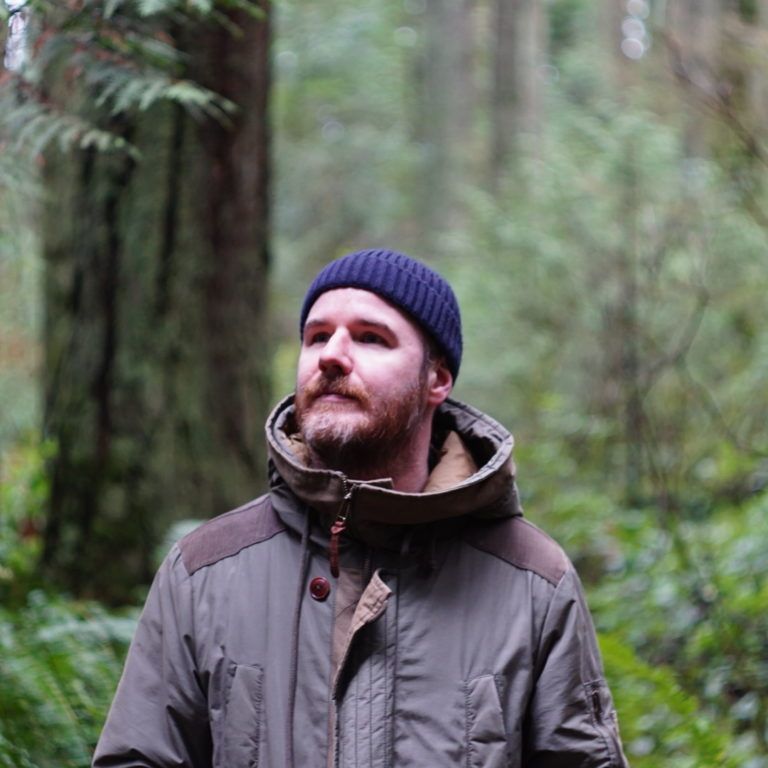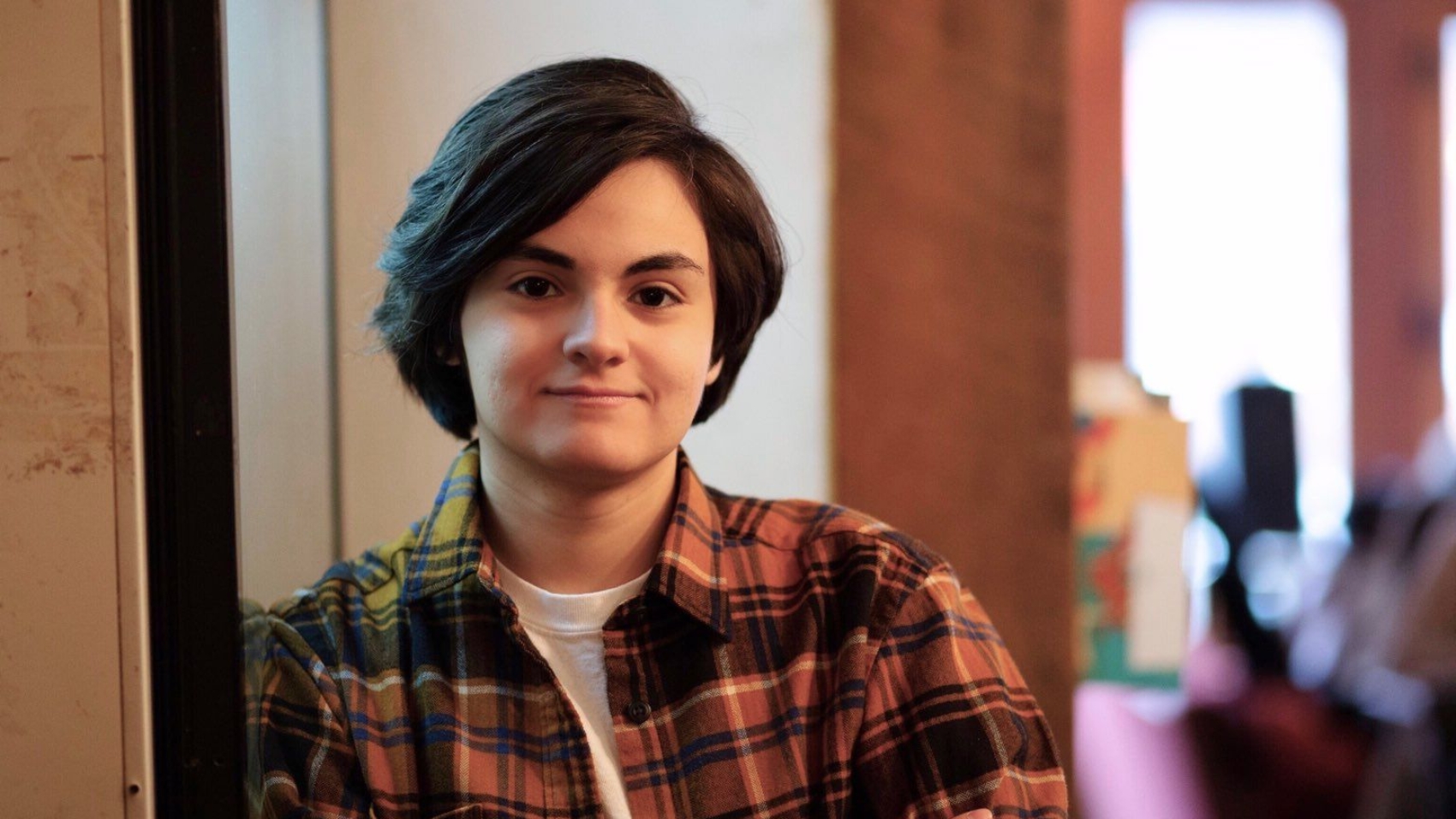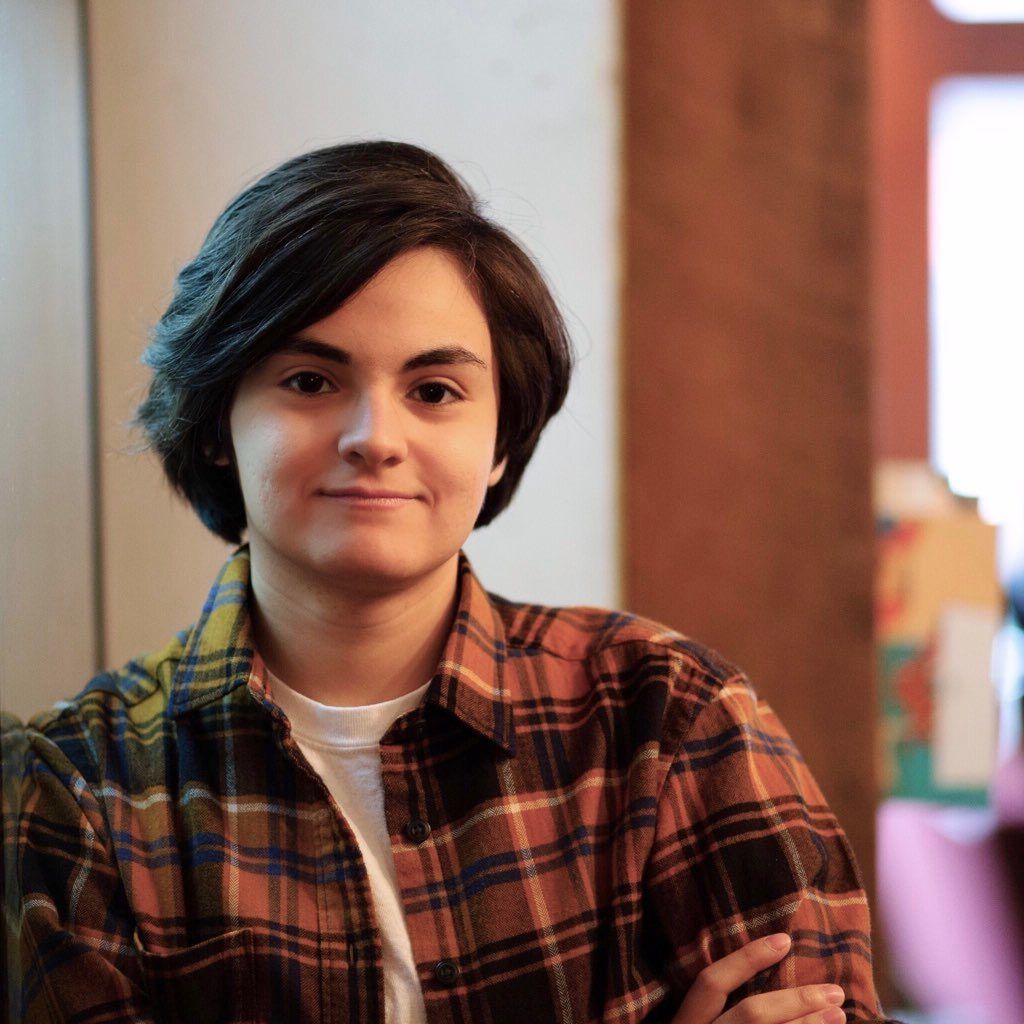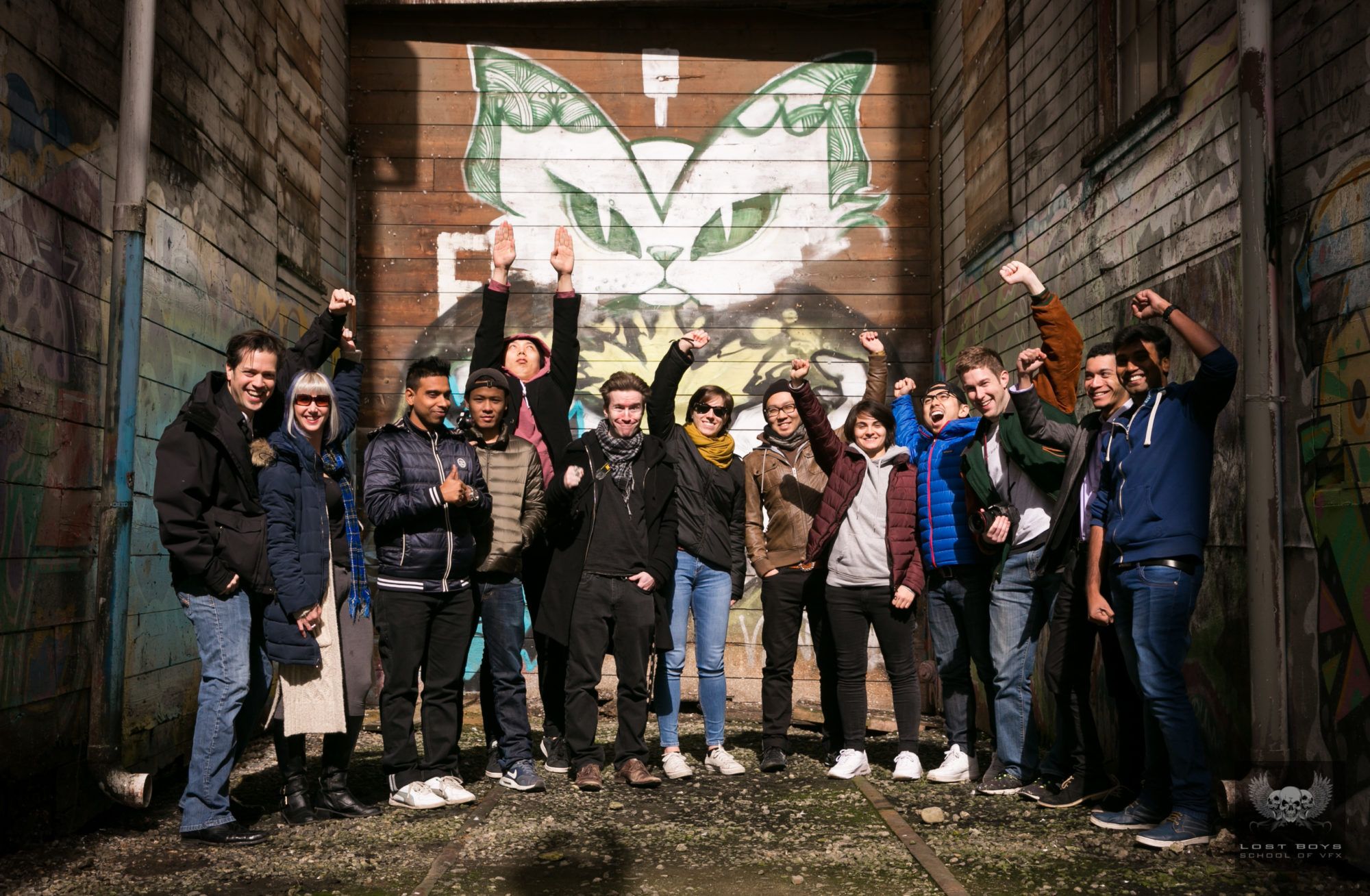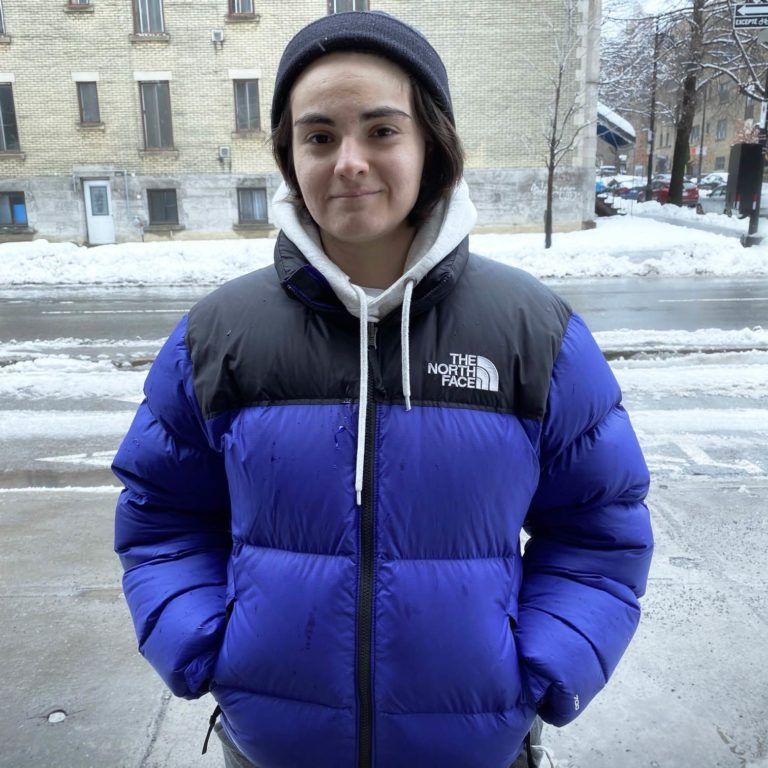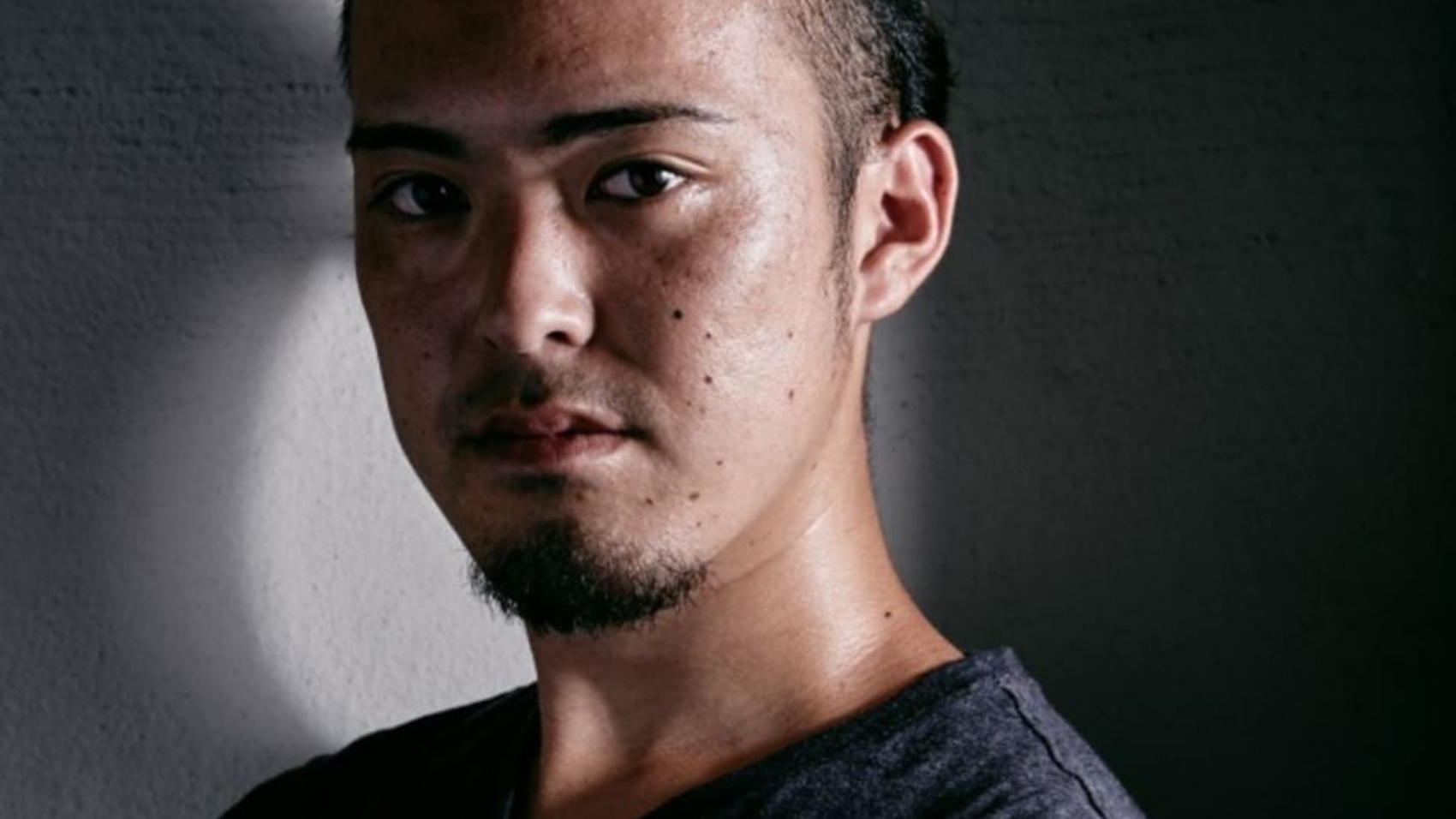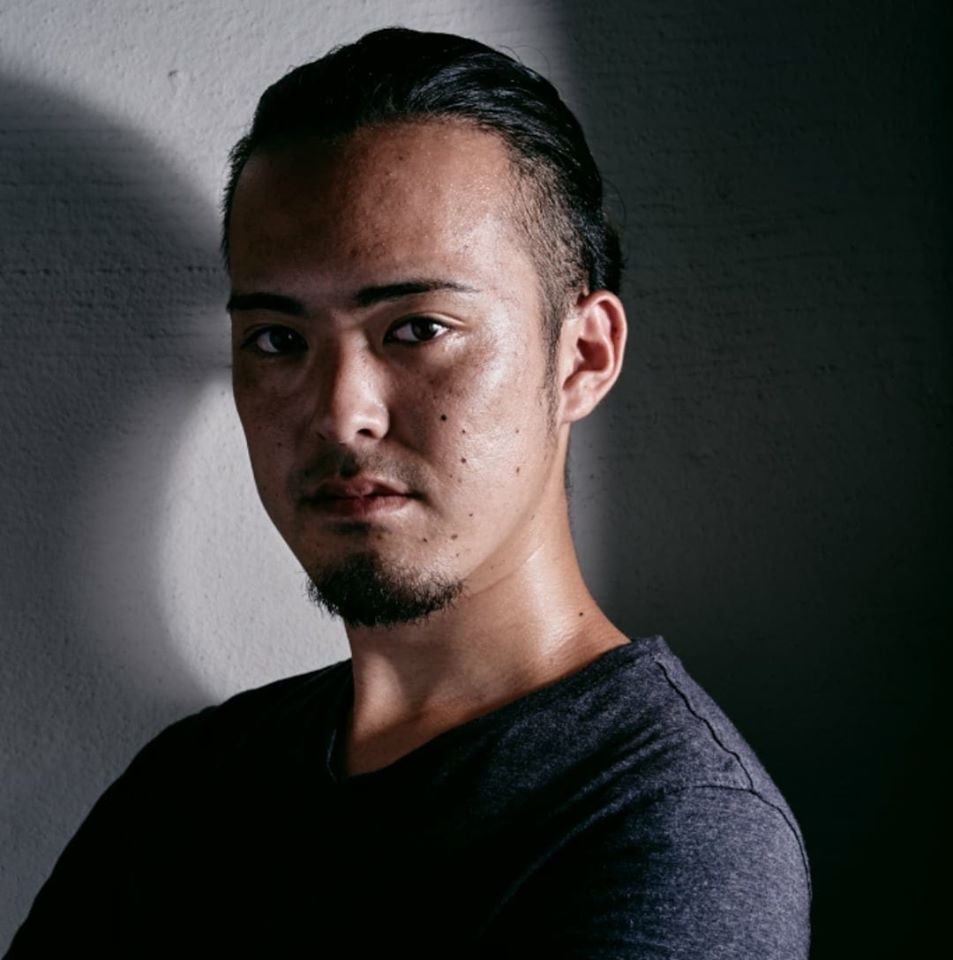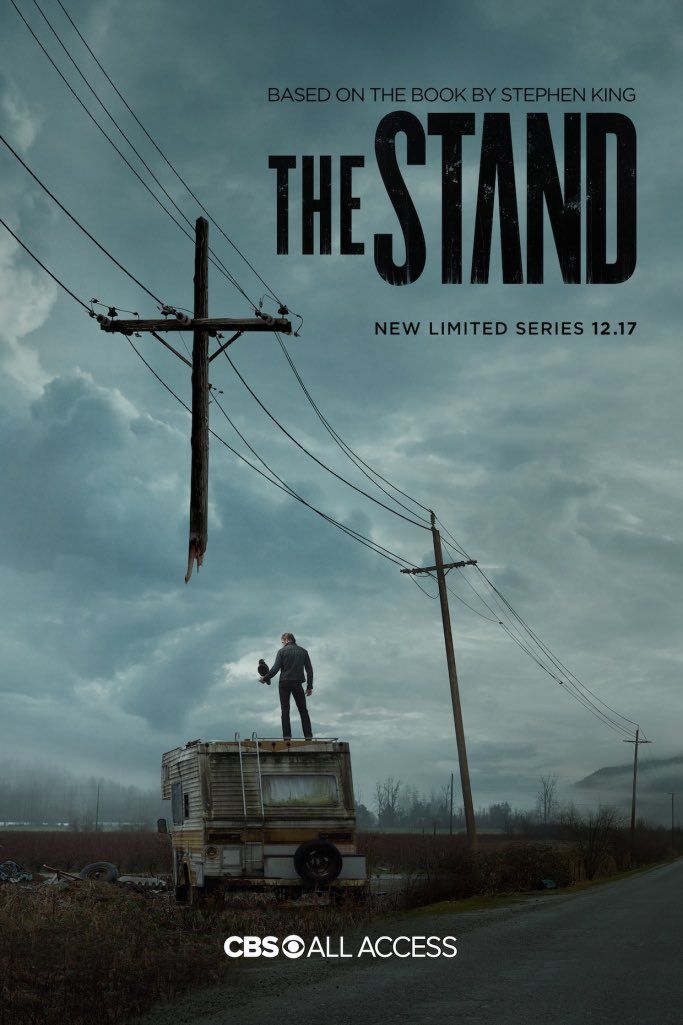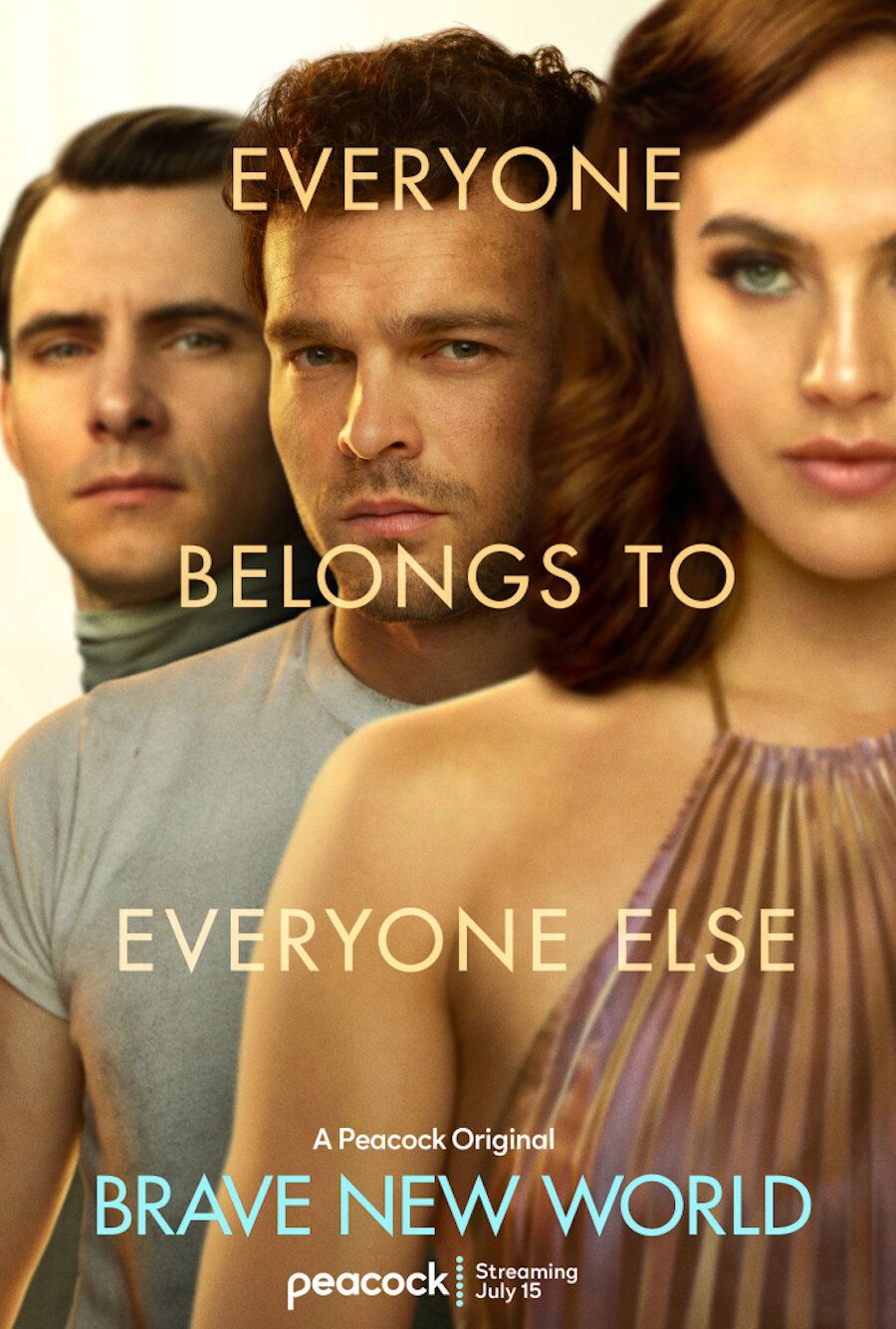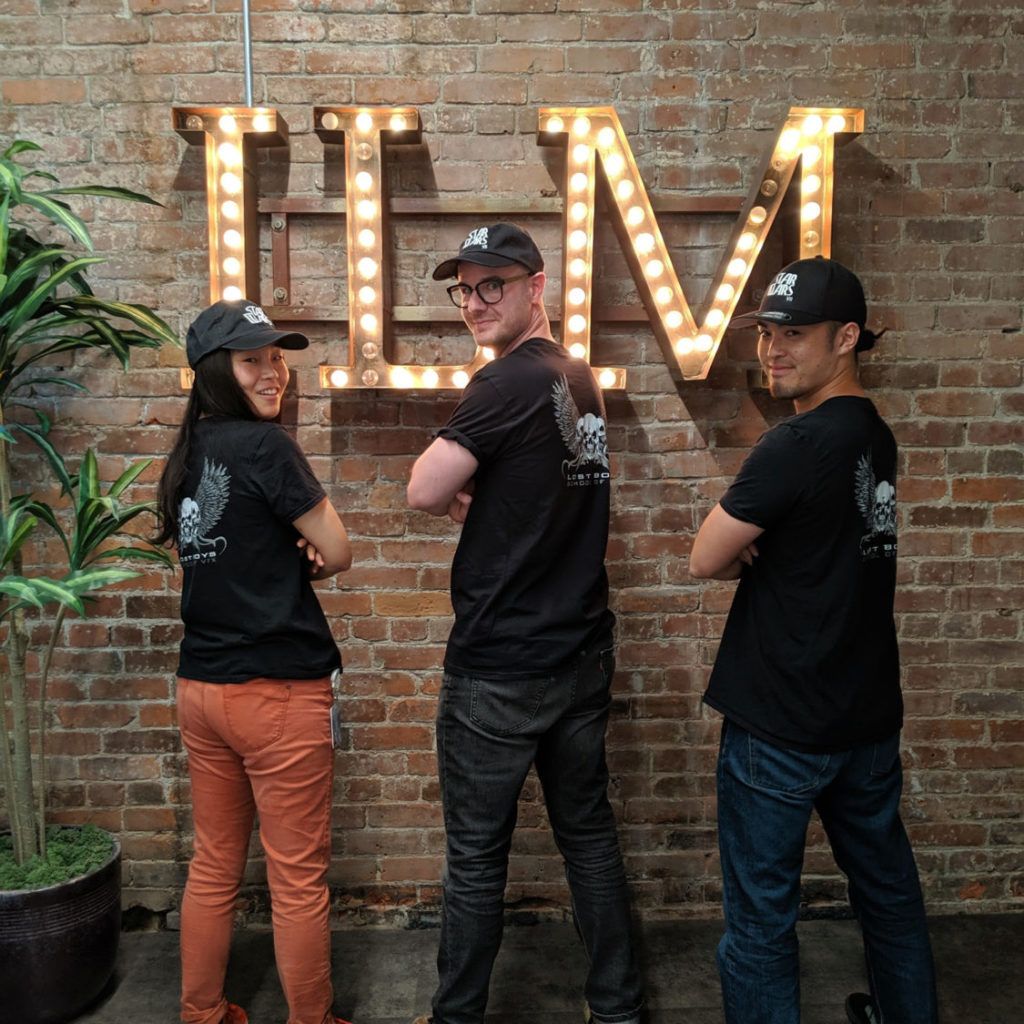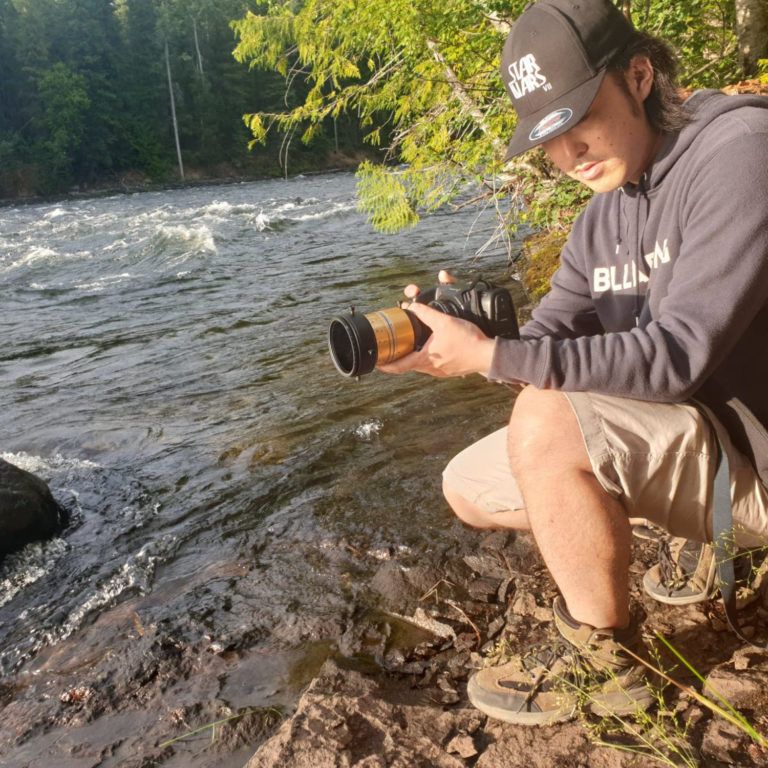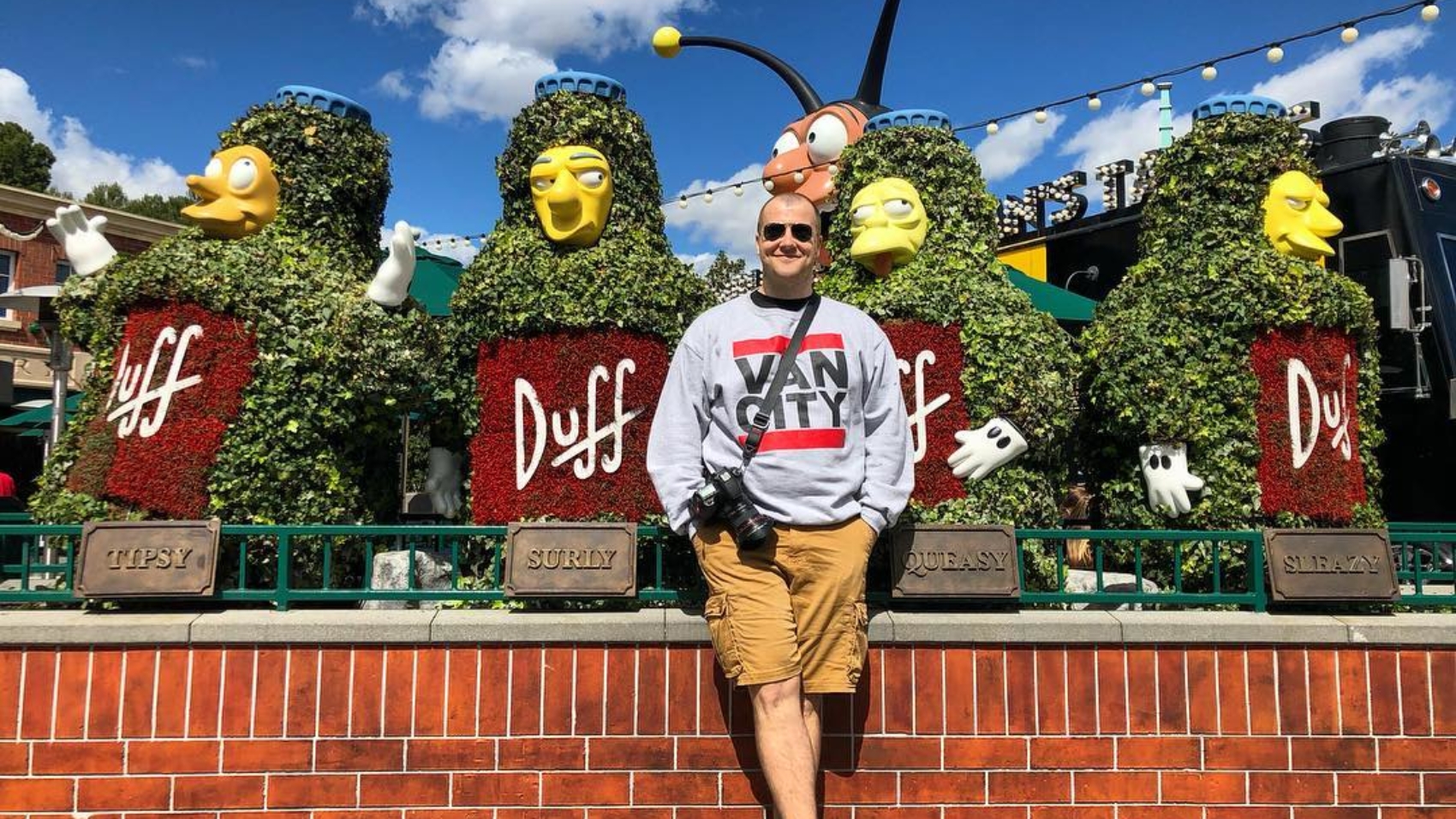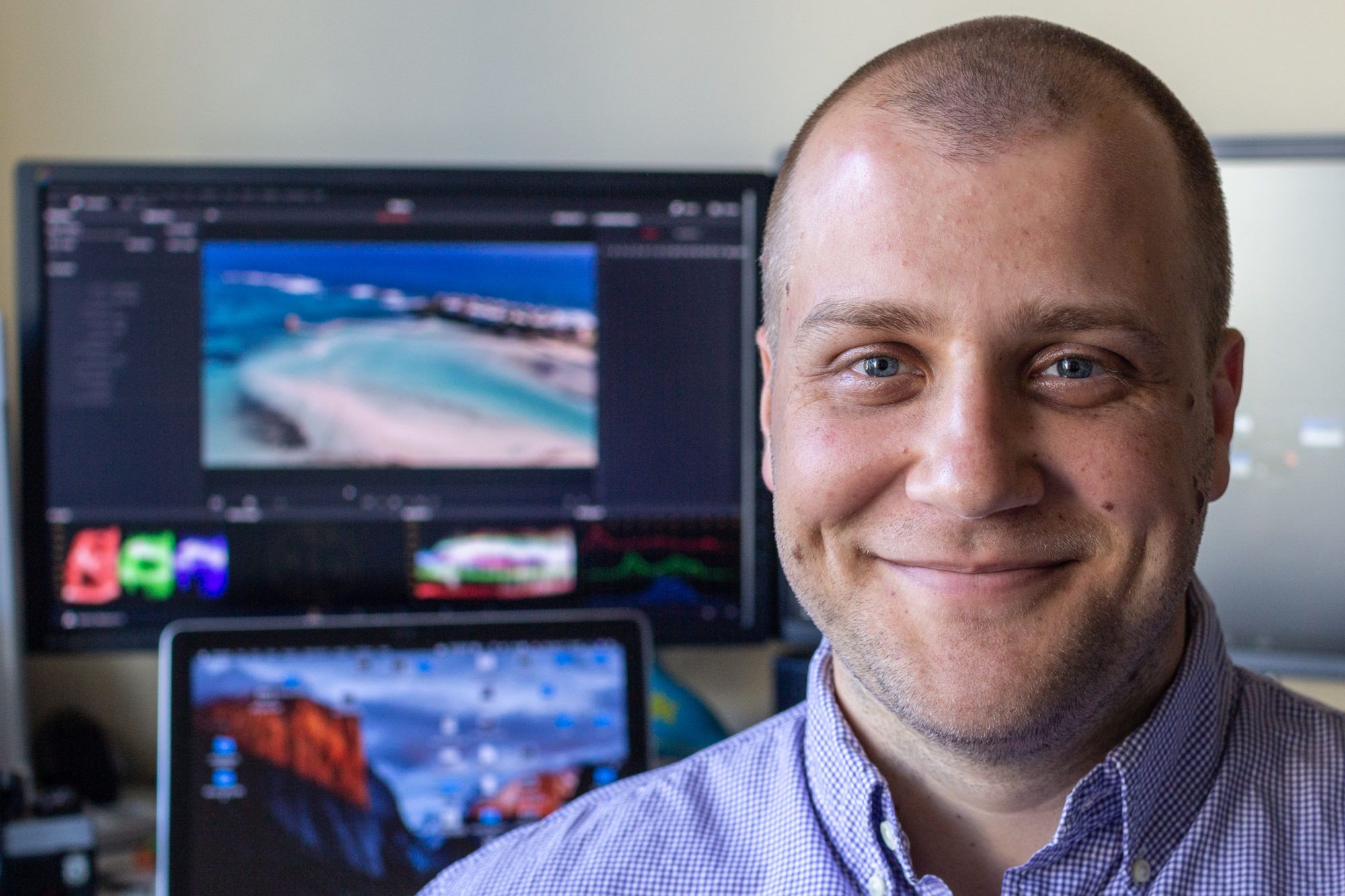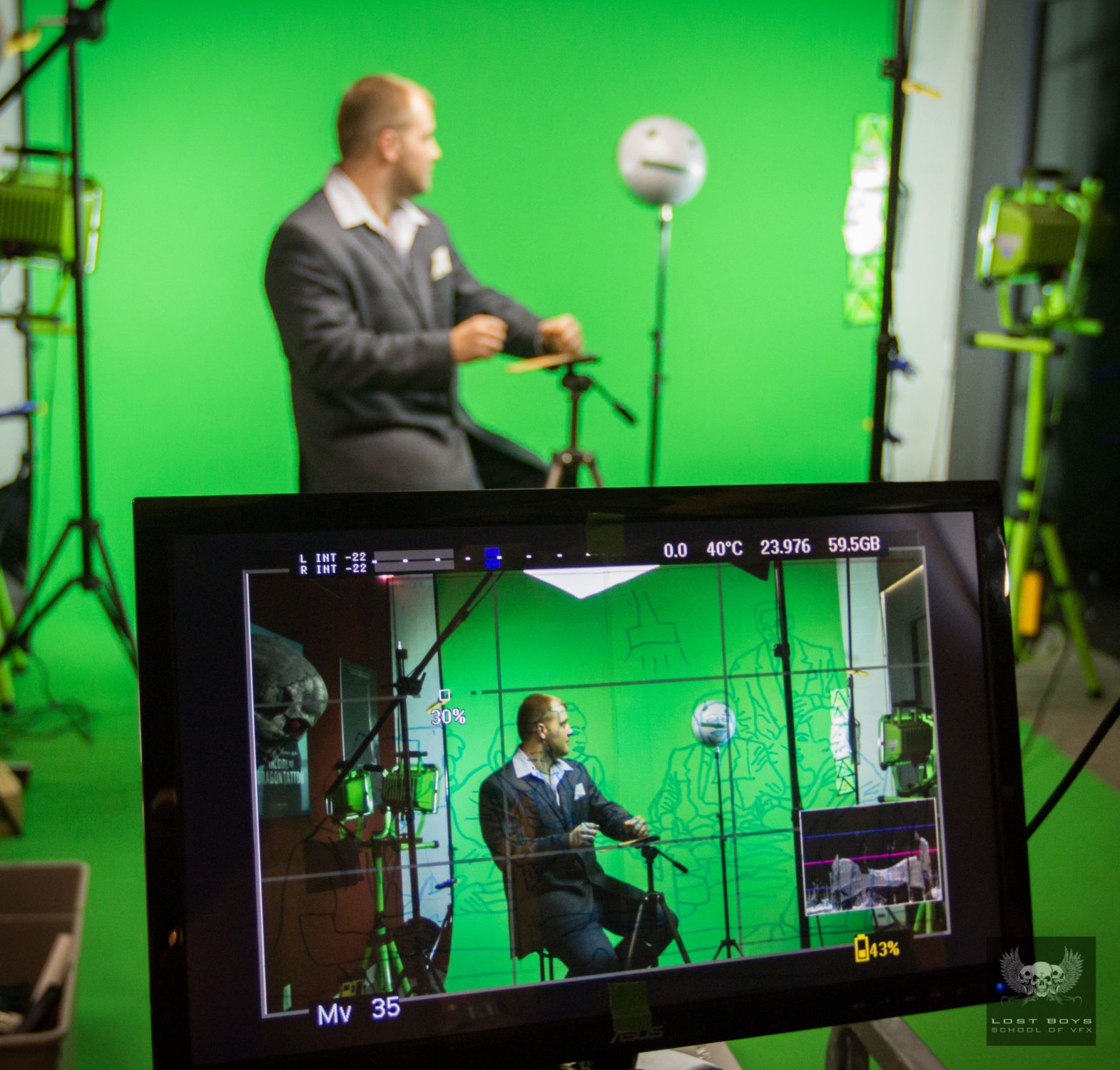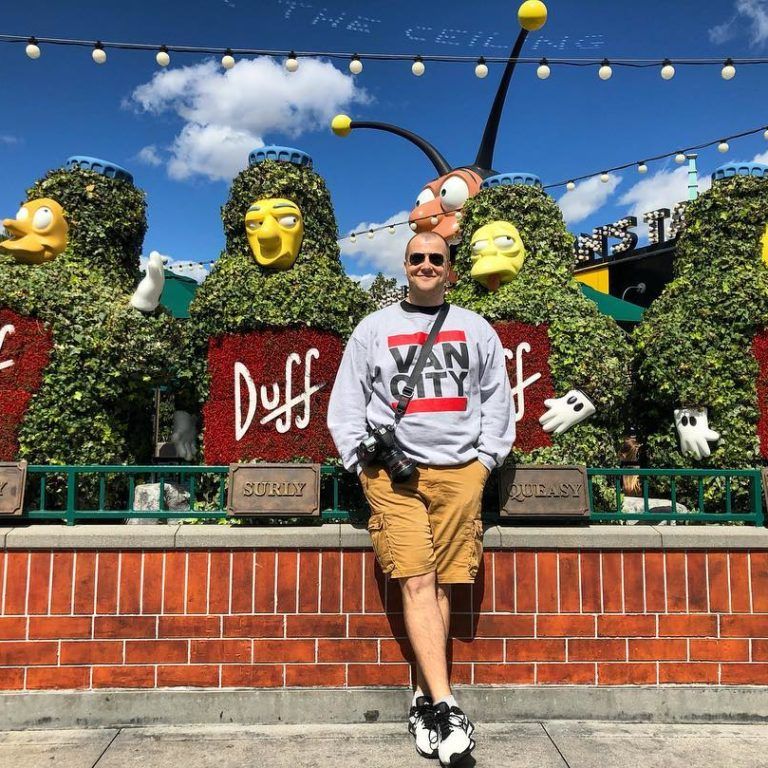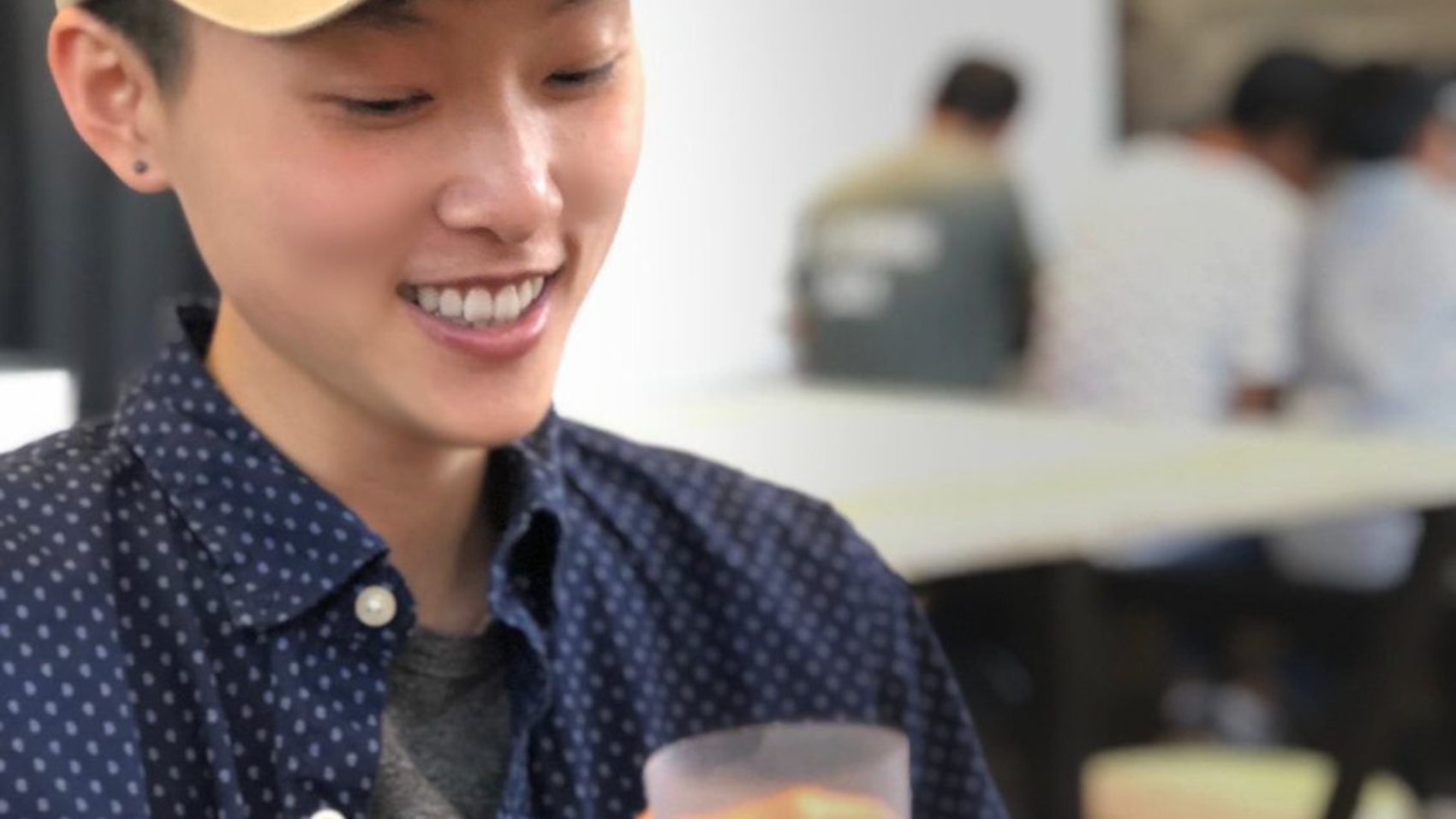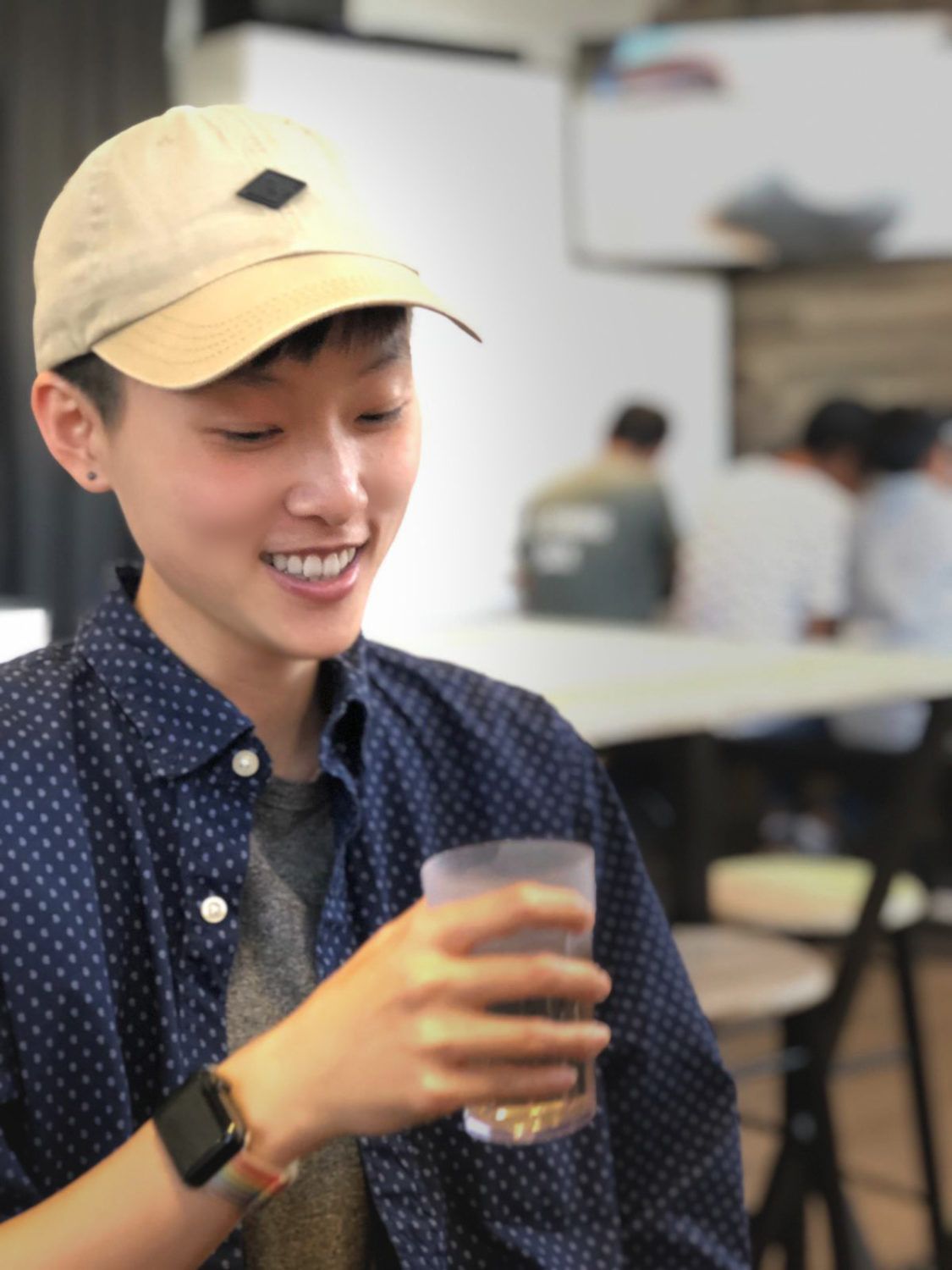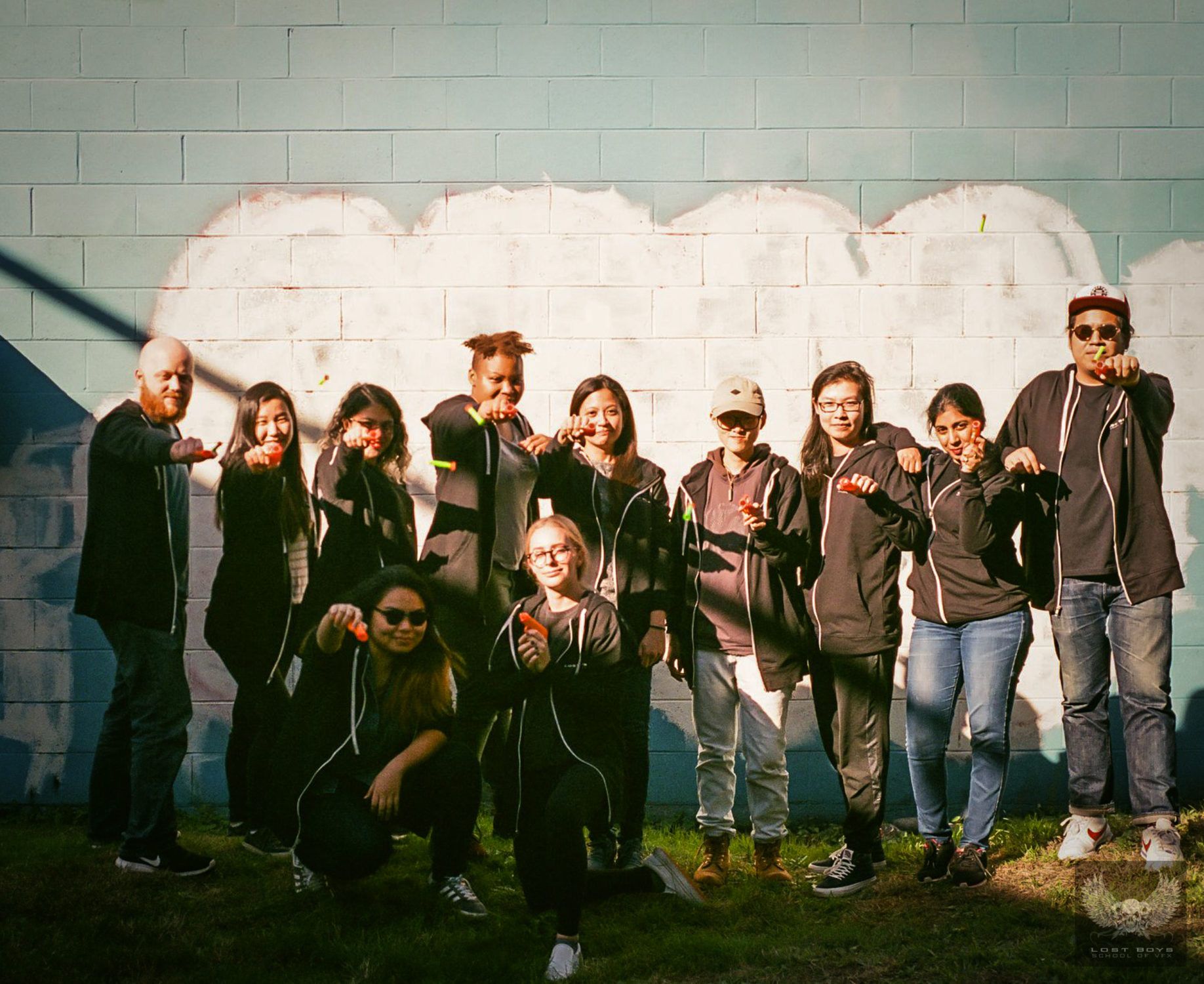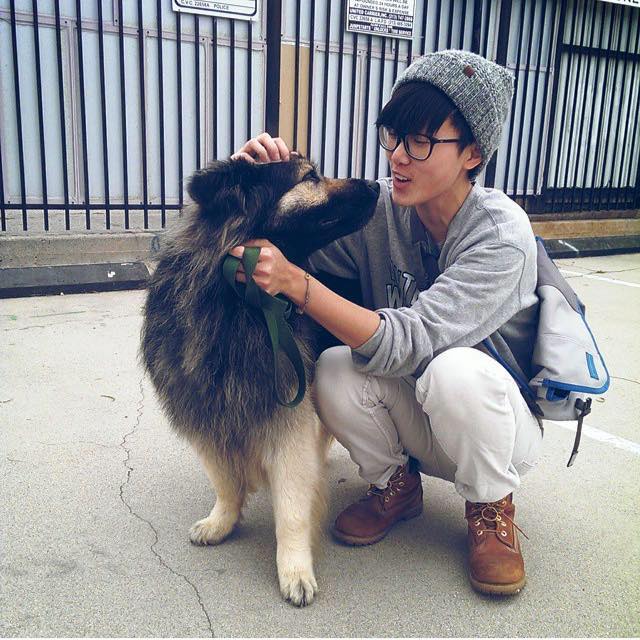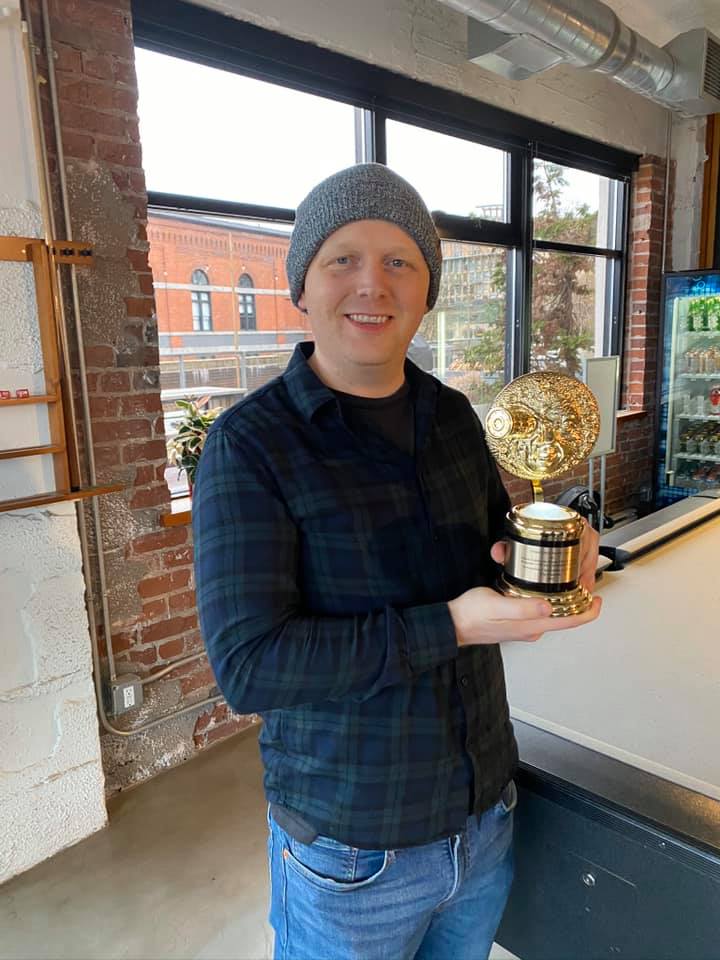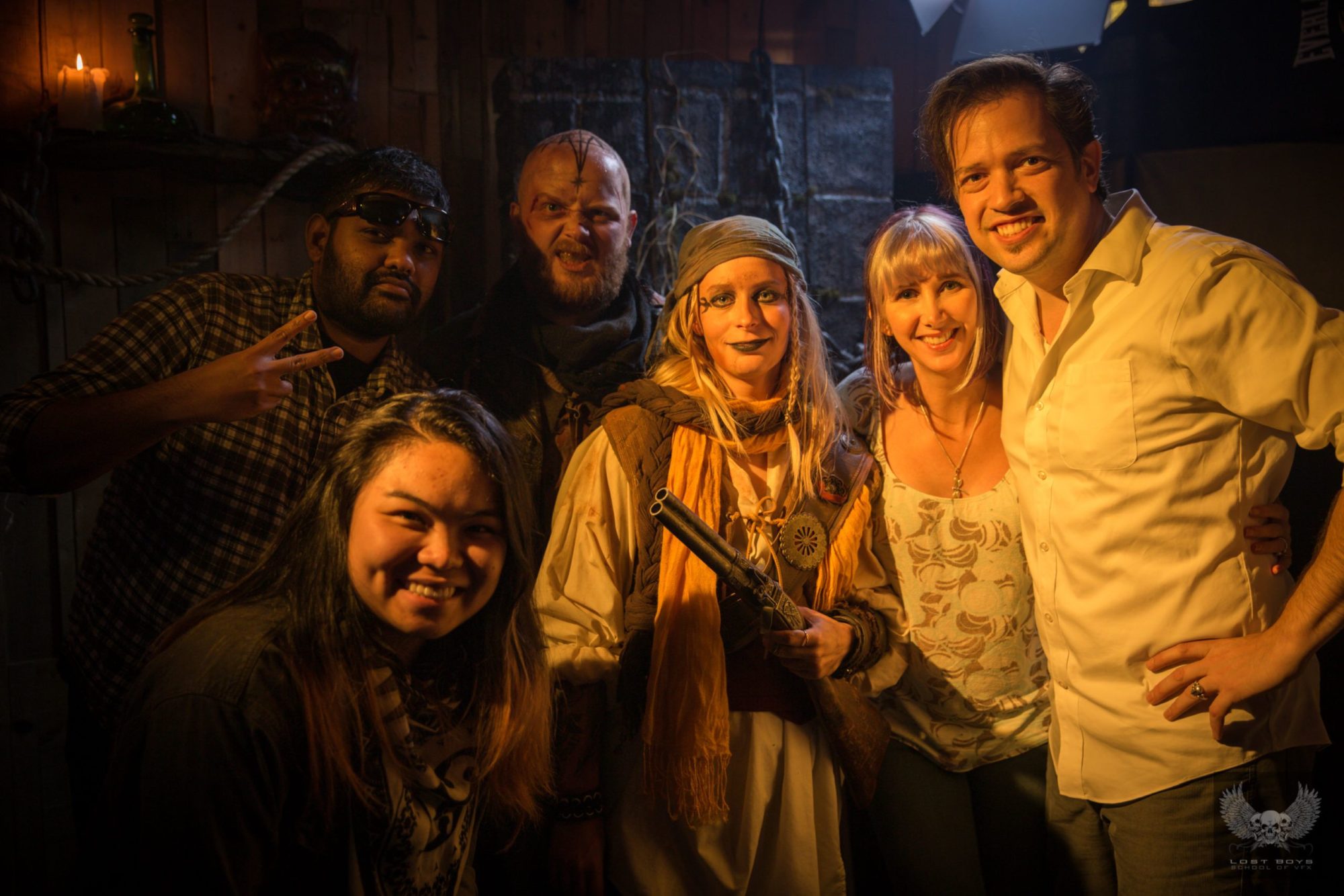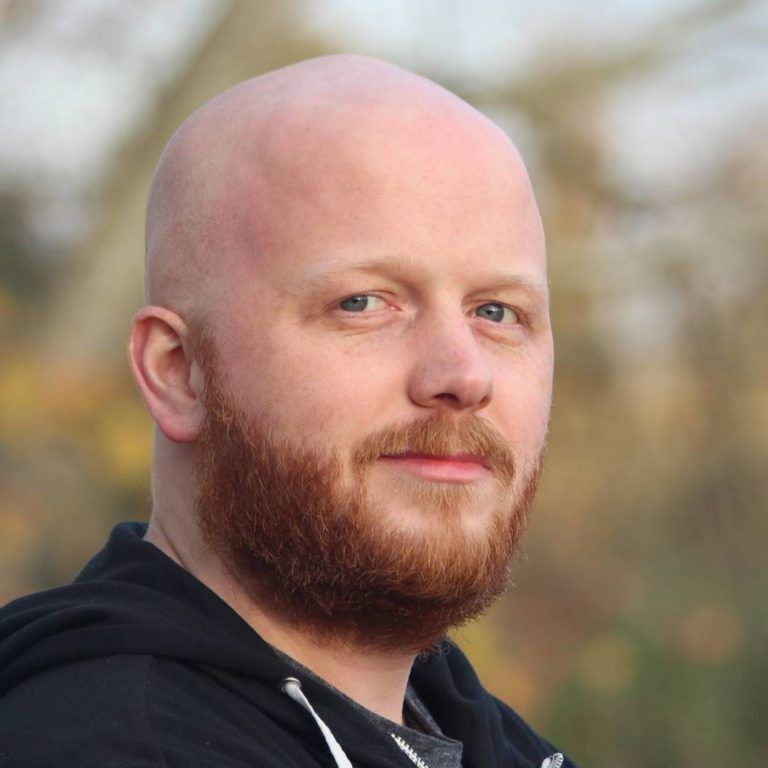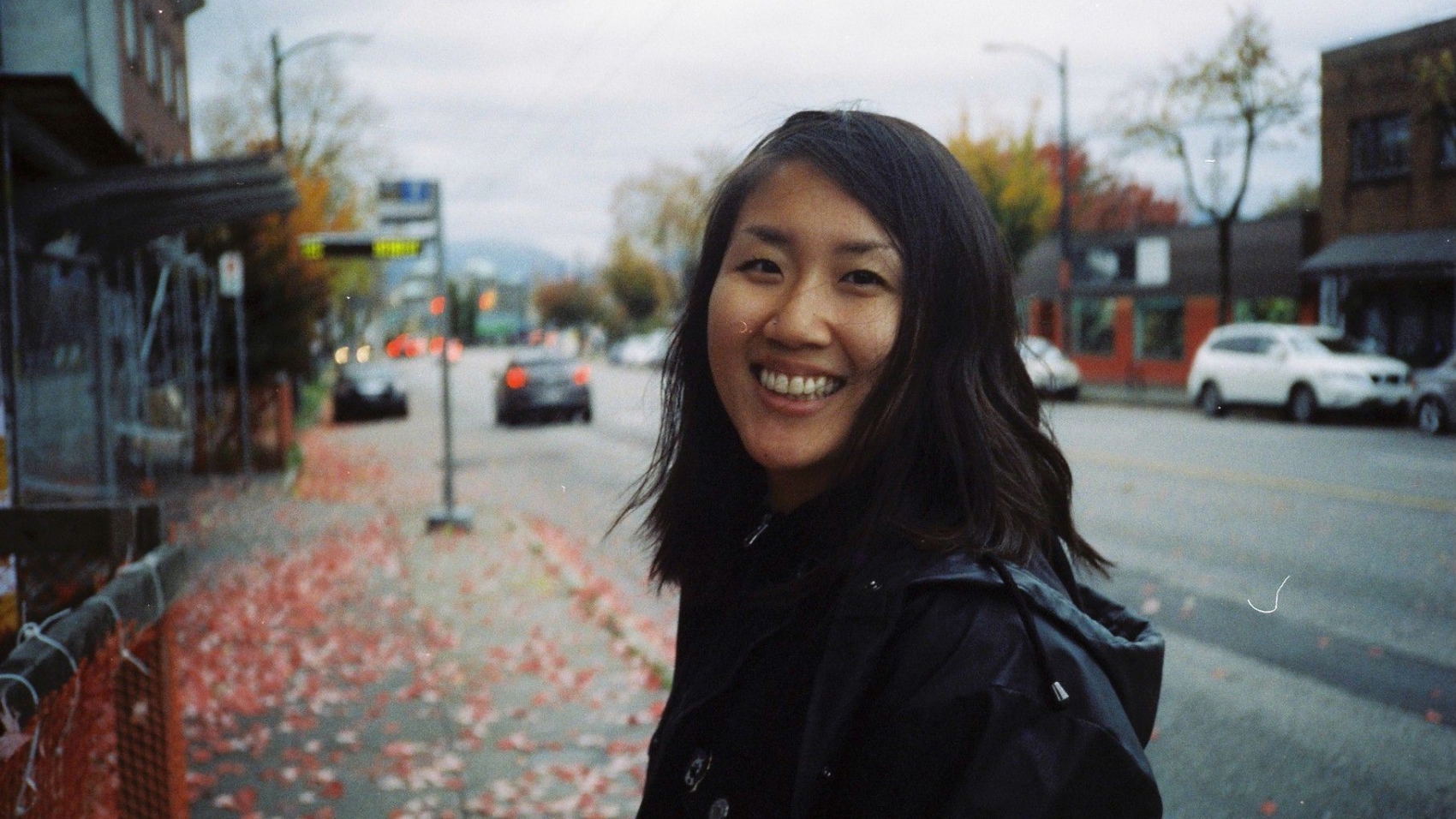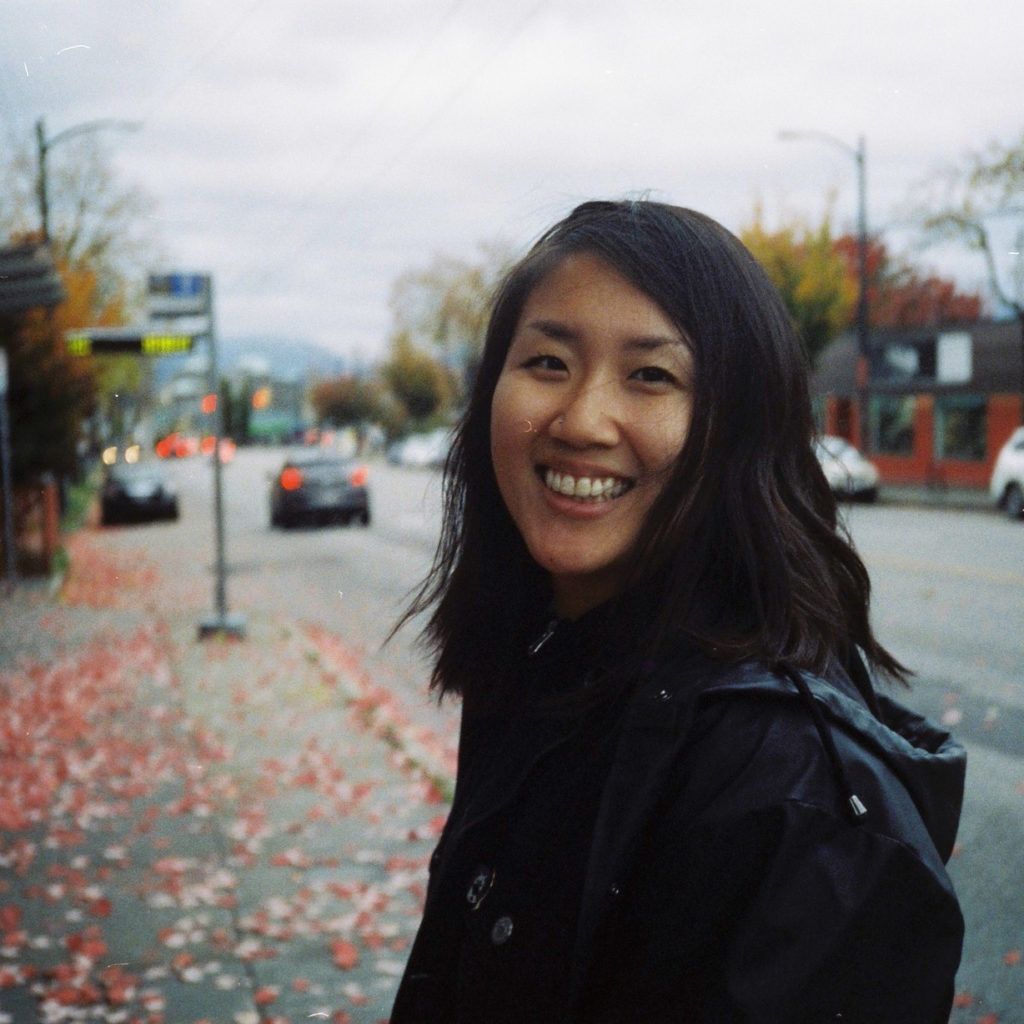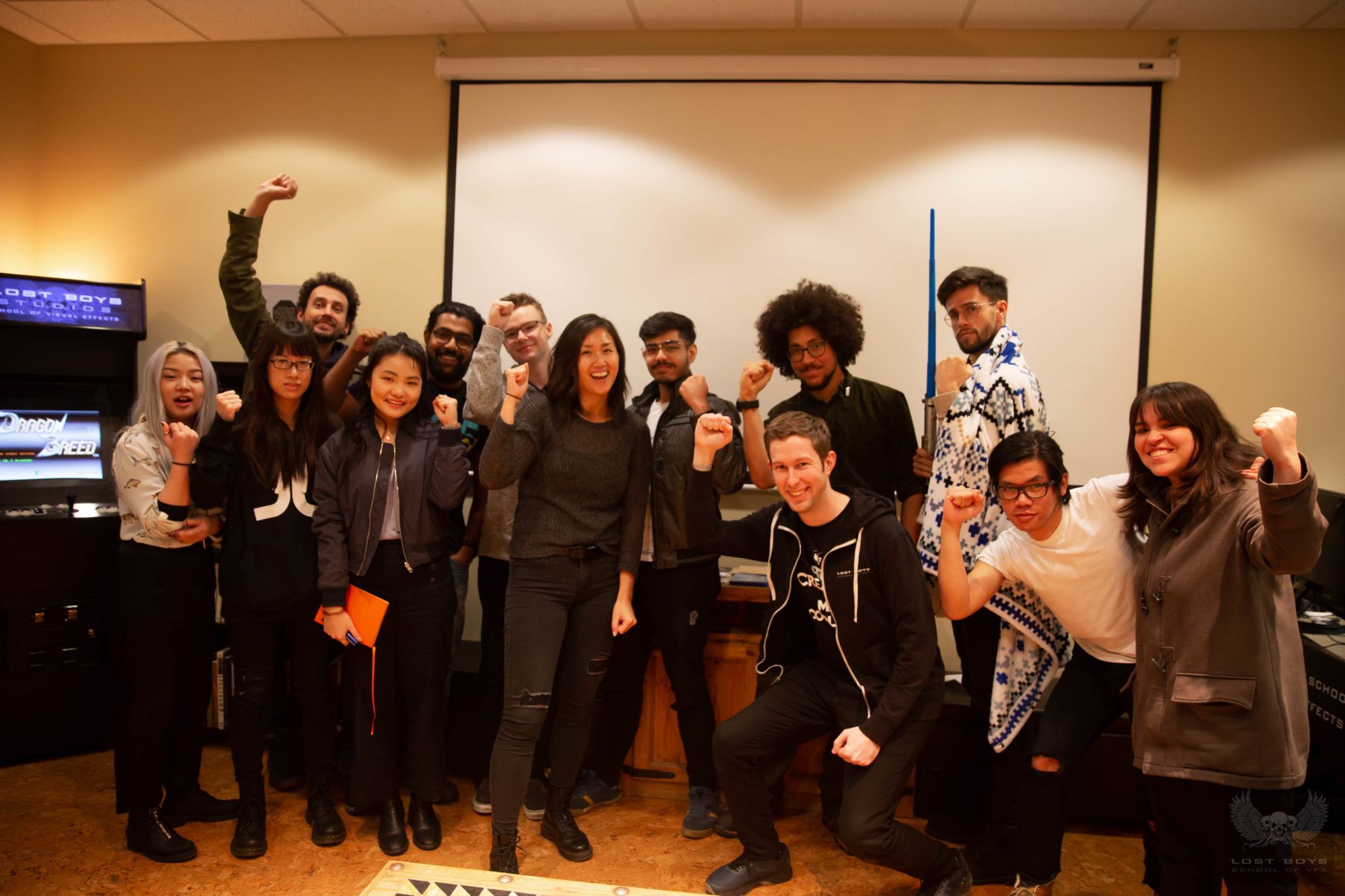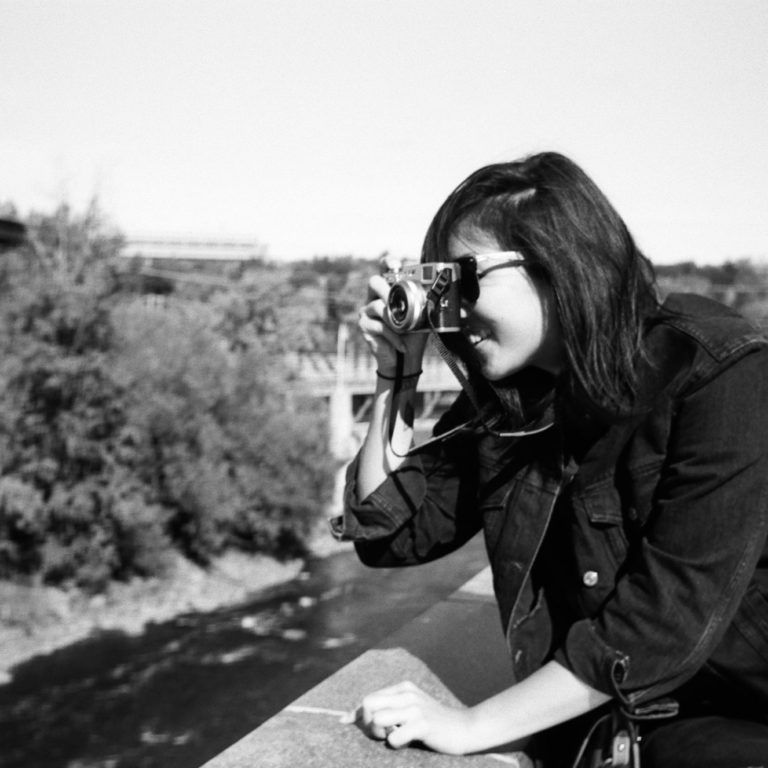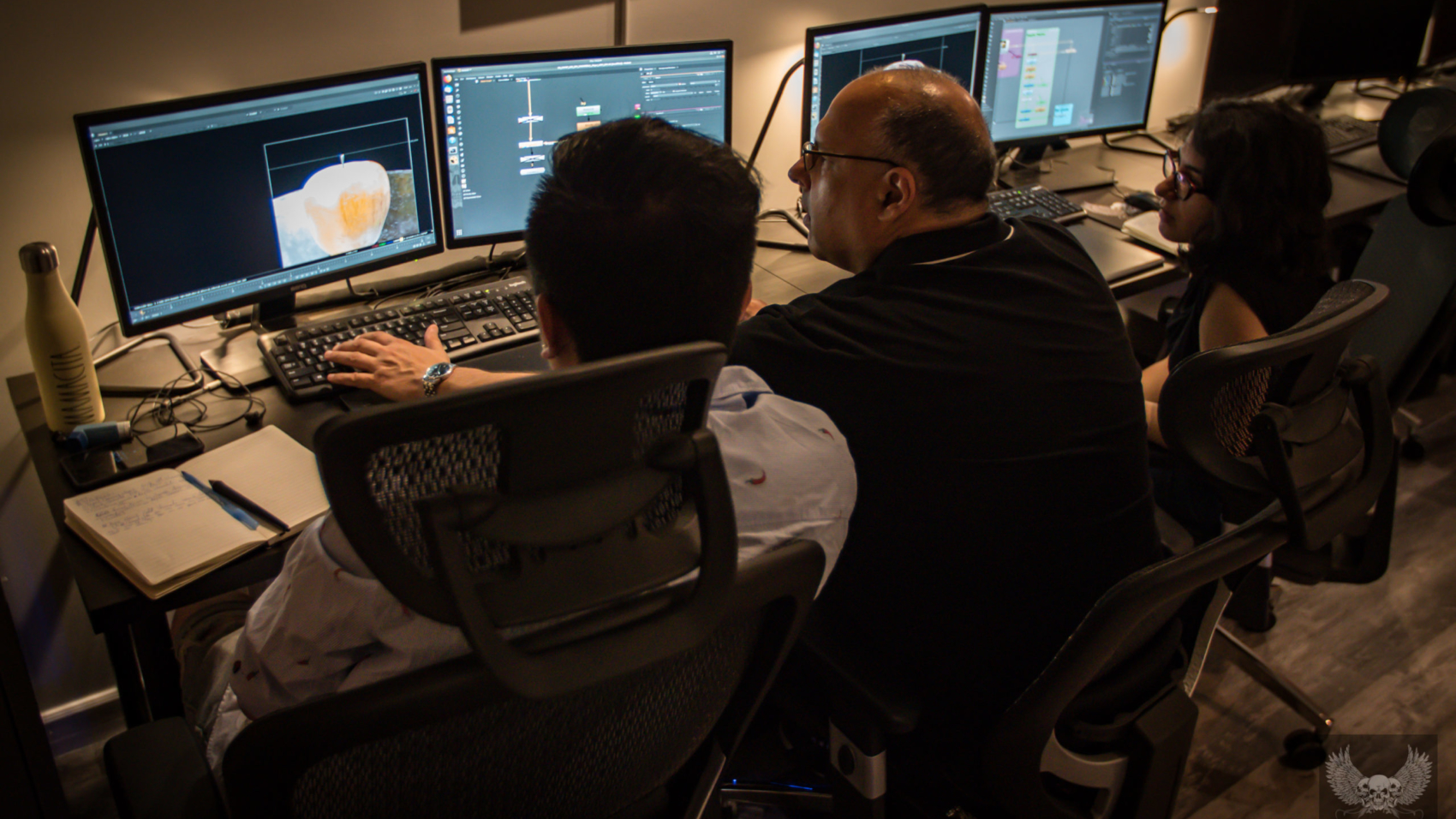Artist Spotlight
Matt Spence
Compositor | Lost Boys Alumni 2019
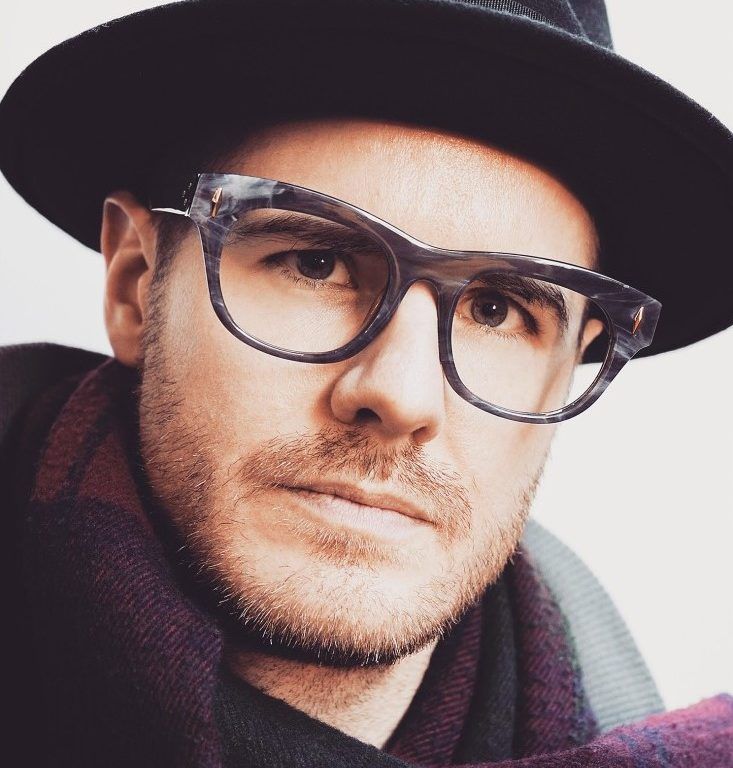
Demo Reel
What is visual effects to you?
Visual effects is a craft. I consider myself an artist, but more specifically, a craftsman. I’ve always respected how craftspeople dedicate themselves to making and perfecting specialized items like leather shoes or pottery. They put a lot of love into what they do and they get joy from creating high-quality products for their customers. This is how I like to think about my role, but instead of crafting physical objects, I make shots. It gives me a sense of satisfaction to know that I am contributing to a piece of art that will be enjoyed by thousands of people. Each morning I’m excited to sit at my desk and sometimes it’s difficult to tear myself away in the evening.
What was the scariest or most challenging part of learning Compositing?
I came to VFX in a roundabout way, through music. I’ve always loved writing songs and doing home recordings. I could sit and tweak knobs in a program like Ableton Live for hours and just get lost in it. A few years ago I started experimenting with Adobe Suite (making music videos and short films) and it scratched the same itch for me as recording music did. I spent hours adjusting all the different parameters, having a blast. The more I got into making videos, the more I became interested in visual effects. I learned that there was this job called Compositing. As I came to understand what compositors did, the job seemed like a great fit for me.
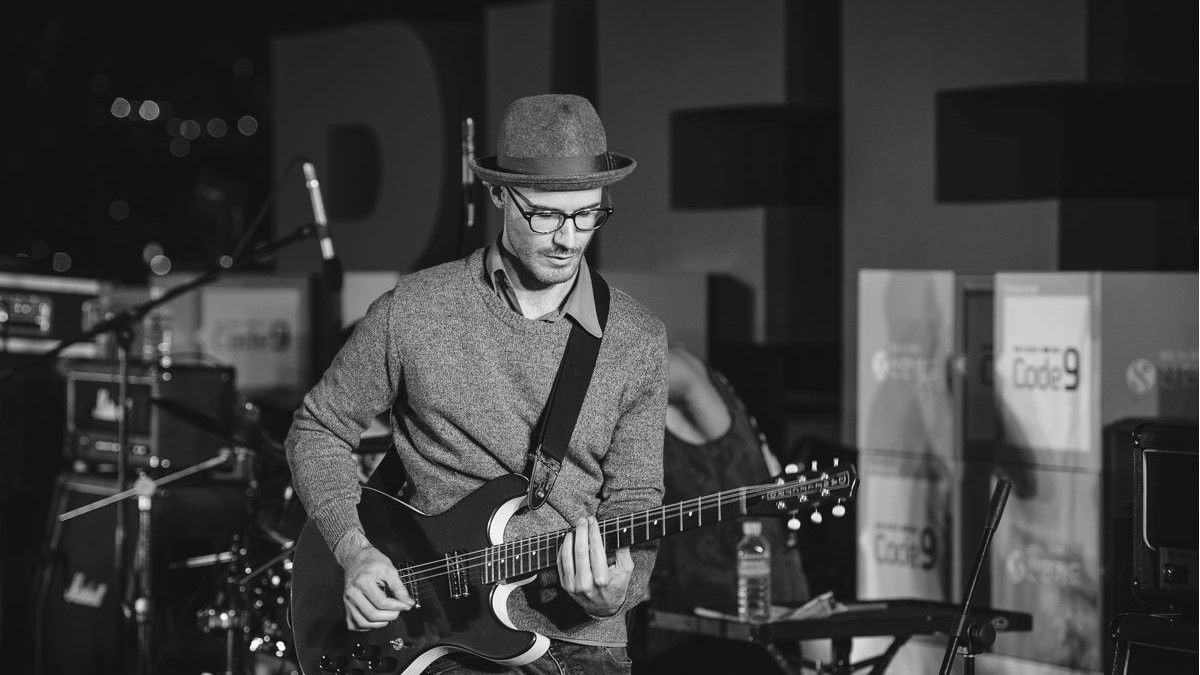
What inspired you to pursue VFX/Compositing?
I came to VFX in a roundabout way, through music. I’ve always loved writing songs and doing home recordings. I could sit and tweak knobs in a program like Ableton Live for hours and just get lost in it. A few years ago I started experimenting with Adobe Suite (making music videos and short films) and it scratched the same itch for me as recording music did. I spent hours adjusting all the different parameters, having a blast. The more I got into making videos, the more I became interested in visual effects. I learned that there was this job called Compositing. As I came to understand what compositors did, the job seemed like a great fit for me.
What is something you wish people knew more about VFX/VFX Artists or Compositors/Compositing?
A lot of people think that VFX artists work with supercomputers that miraculously create the lovely images they see displayed on their televisions. They don’t understand how lo-tech a lot of the work is. It doesn’t take a great computer to run a program like Nuke, and there isn’t some AI program doing the heavy lifting. Most of the work happens in a very human way… just artists working with basic digital tools, finessing images for hours until it’s finished.
